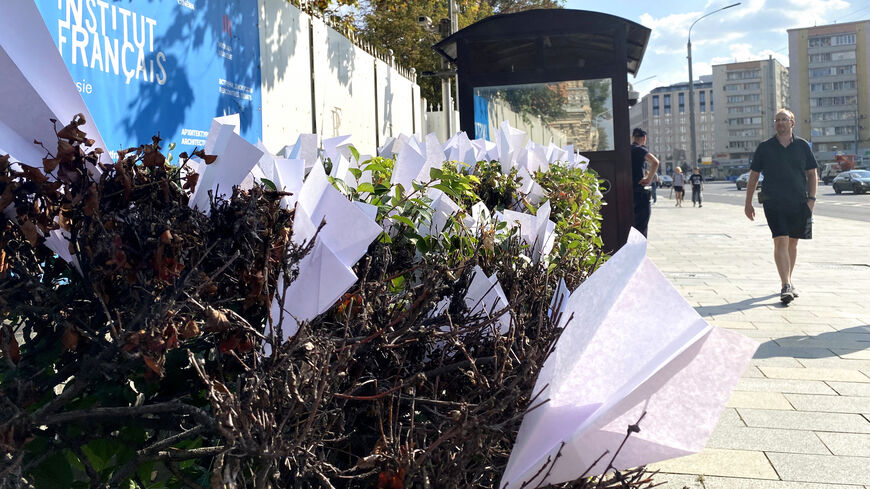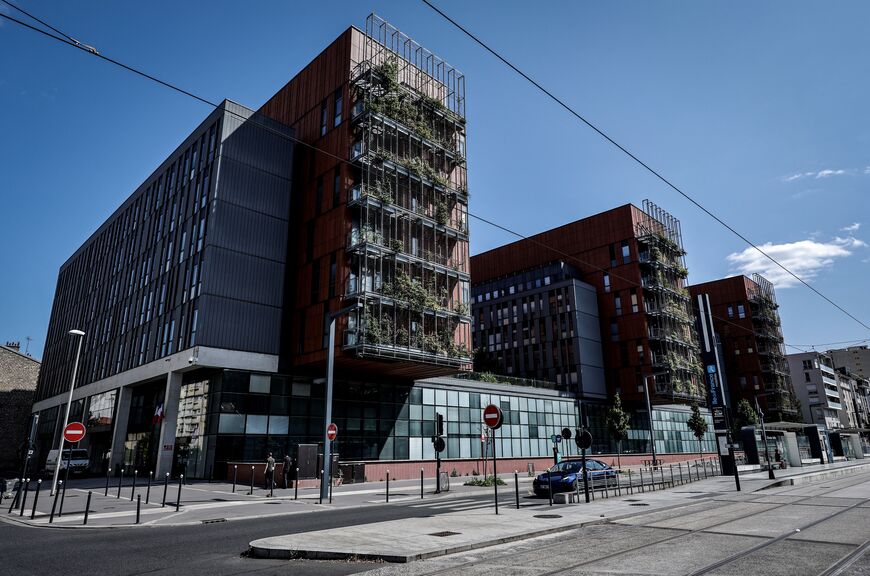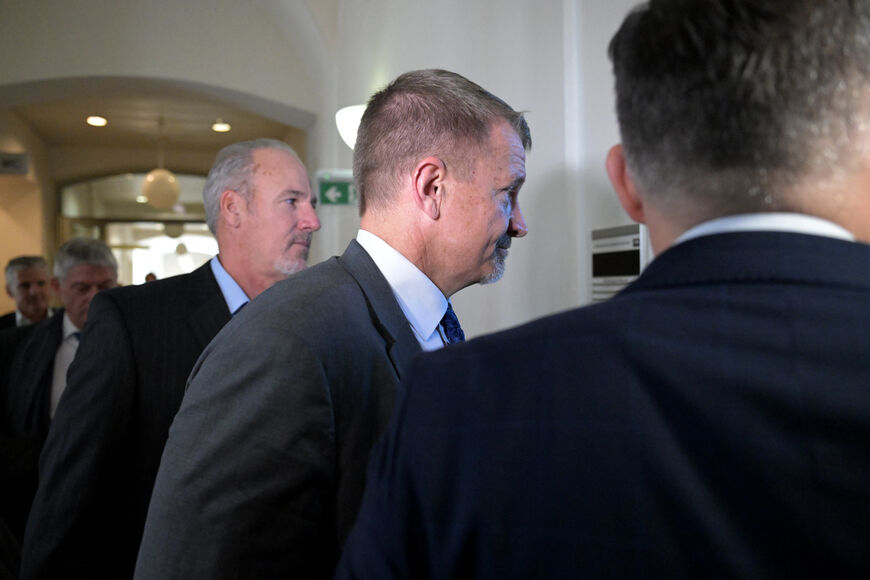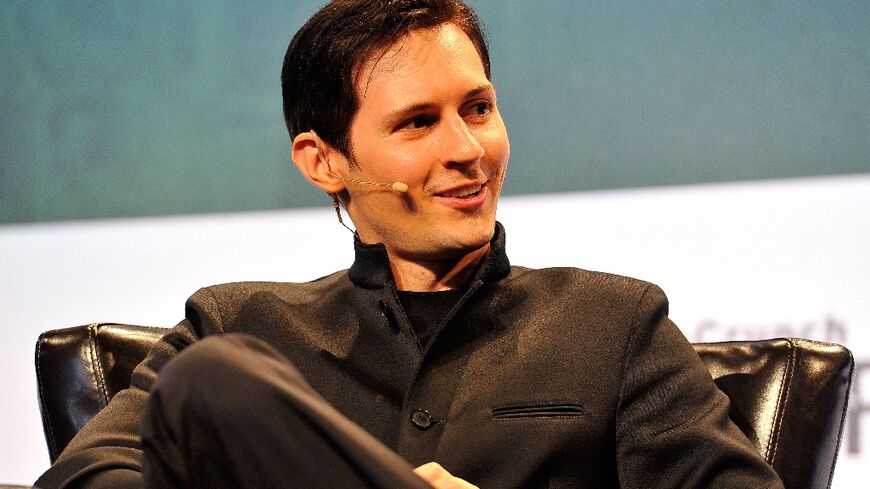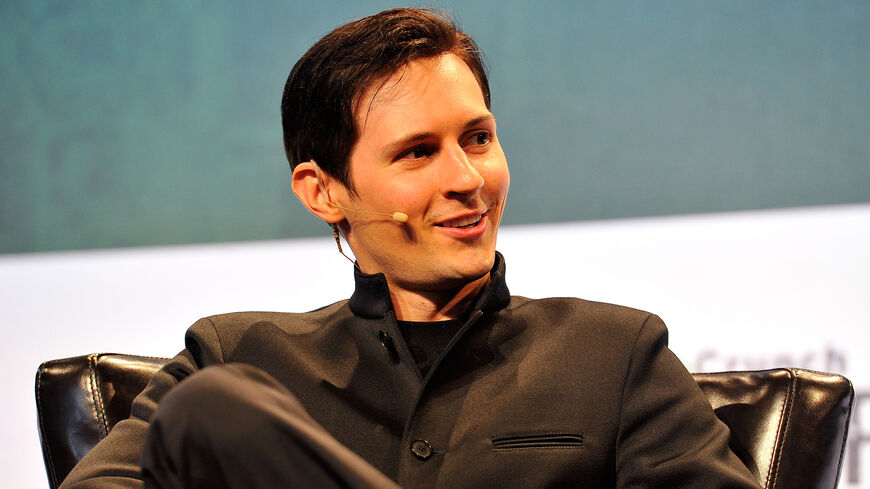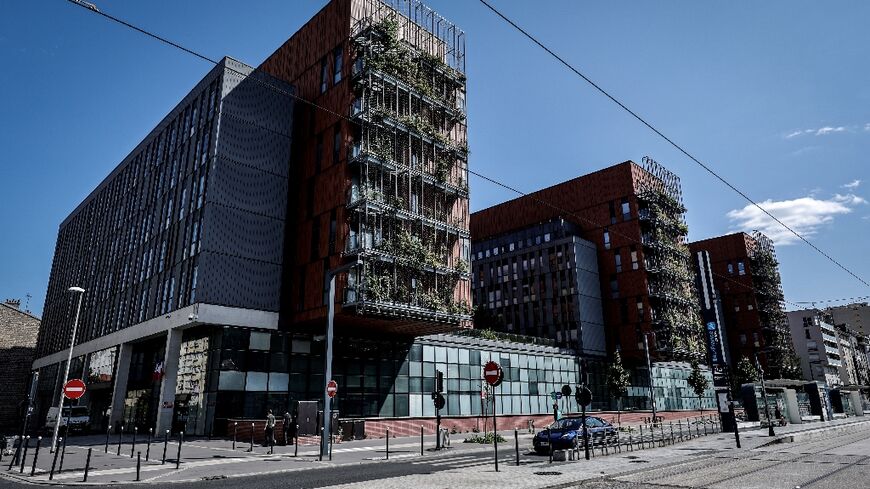Telegram CEO's arrest spotlights UAE’s investment-based citizenship laws
The United Arab Emirates is showing that it takes its citizenship laws seriously and has vowed to fight for Telegram founder Pavel Durov.
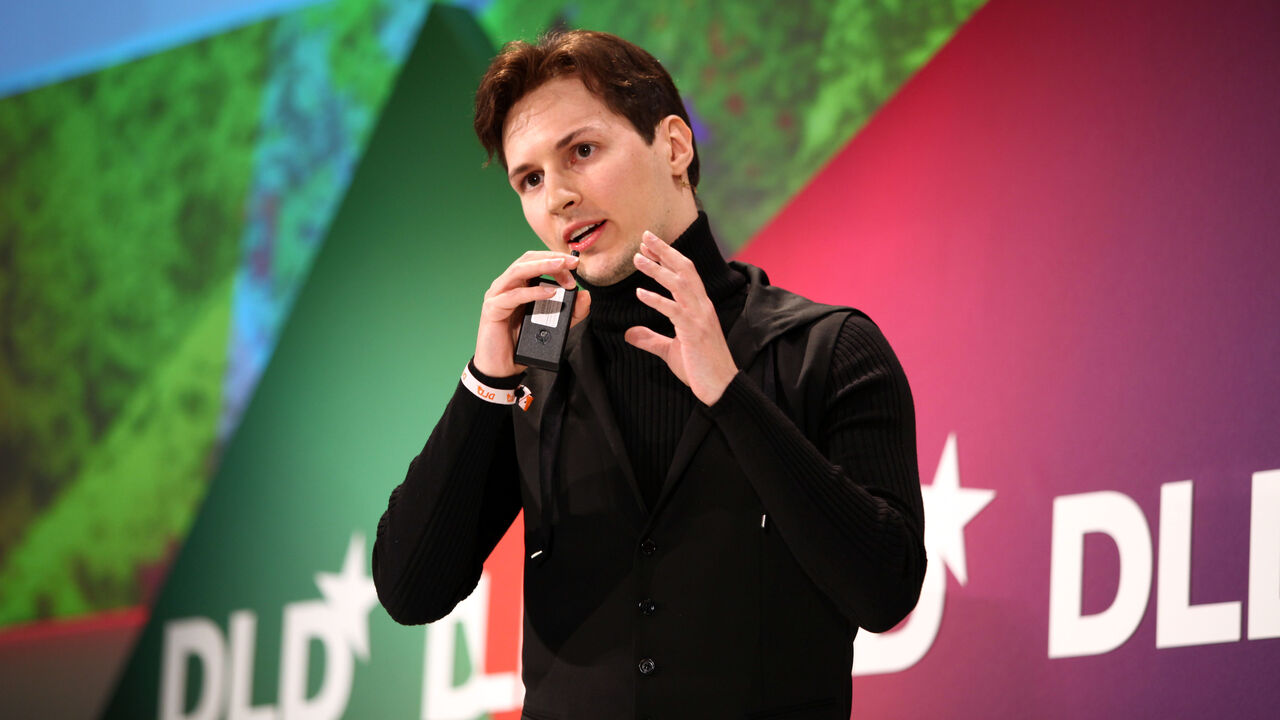
DUBAI — With the arrest of Pavel Durov, the UAE's practice of granting citizenship and residence to high-profile investors is back in the news.
Durov, a dual French-Emirati citizen, was arrested by the French authorities in Paris on Aug. 24 on charges of cyber criminality, which he denies.
The charges levied against him and Telegram, the messaging app he founded in 2013, involve child pornography, drug trafficking and fraudulent transactions on the platform.
His arrest sparked an appeal from the UAE, which said it was seeking "urgent" consular services for its arrested citizen.
The case has highlighted the status of Emirati citizens such as Durov, who acquired citizenship in 2021 after having made the UAE his home since 2017. Durov co-founded Russia's VKontakte social networking platform in 2006 but sold his stake and left Russia in 2014.
Citizenship laws
Durov moved to the UAE to develop Telegram, a messaging platform that prides itself on high levels of encryption and data privacy.
He joins a host of individuals who have taken advantage of the UAE's meritocratic awarding of long-term residence and citizenship.
UAE law does not normally allow dual citizenship. However, amendments to the country's laws in 2021 allow for people with high levels of investment and special talents to acquire Emirati citizenship subject to special provisions.
The law encourages individuals with high net worth as well as artists and those in medical or engineering professions to become UAE citizens.
"The UAE aims to convey to the world that it is committed to protecting its citizens, regardless of where they are. This approach helps attract talented individuals to the UAE to conduct business," Marco Mossad, a non-resident scholar at the Washington, DC-based Middle East Policy Council, told Al-Monitor.
Growth of Telegram
Durov, who sold his stake in VKontakte for an estimated $3-4 billion, moved his assets to the UAE, where he grew his Telegram empire.
Telegram maintains a low profile in the UAE. Its employees are required to remain anonymous and have no presence on professional social networking websites such as Linkedin.
Messages sent by Al-Monitor to Mike Ravdonikas, the company's vice president for communications based in Dubai, regarding Durov's arrest went unanswered. Ravdonikas's profile on the app flashed, "If you're here about Telegram, you're in the wrong place."
Durov grew Telegram to 900 million subscribers earlier this year. As he pondered a potential public offering of the company, Durov said that investors valued his company at around "$30 billion-plus."
His arrest is the most high-profile of any tech entrepreneur, making his value as a high-stakes investor in the UAE's economy all the more critical.
"They will come out to bat for him, and they'll do what they need to do," Stephen Fallon, a researcher with the University of Cambridge, told Al-Monitor.
Intelligence sharing
Durov's arrest also raises concerns over the company's data sharing with governments. As an advocate for free speech, Durov has decidedly refused to share user information and intelligence with states, especially Russia, a policy that led him to leave his native country.
"Telegram has become a repository of critical information relevant to the national security of many countries, largely due to its features," Mossad said.
Among the features that have come under scrutiny with the French authorities is its ability to host up to 200,000 members in groups and the unrestricted sharing of links and large files, with minimal supervision by Telegram.
Its unique features have previously allowed terror groups, such as the Islamic State and others, as well as drug and human traffickers, to use the platform widely. The information stored and disseminated on the app would be invaluable to countries seeking intelligence on certain groups and users.
Internet freedom
The UAE ranked 18th out of 100 on global freedom and 30th for internet freedom in 2024, according to Freedom House, making Durov's presence and his advocacy for free speech and liberal internet in the UAE an anomaly.
Mossad noted that Durov has previously said he would comply with governments only when legally required, despite resisting Moscow's pressure to share data.
"In France, this would be under the EU Digital Services Act of 2022, which mandates that social media companies share crucial information," Mossad said. "Therefore, it is likely he would only share intelligence with the UAE if the law explicitly required it, and even then, he would do so at the minimum level necessary."
In a comment to Al-Monitor, a UAE government official said, “The UAE prioritizes the welfare of its citizens, safeguarding their interests and providing them with assistance as a key priority.”
“We are in touch with the French authorities about this case and Pavel Durov’s representatives,” the official added.
“The UAE really values its citizenship and it doesn't give it out lightly," Fallon said. "So in the case of Durov, what we see here is they’re saying we value our citizenship and we're prepared to protect people who we bring into the fold."
High-profile residents
Durov is one among several residents that the UAE has incentivized to make the country their home.
Erik Prince, the former CEO of Blackwater, who has made Abu Dhabi his home and offers private security services to the UAE, found himself in a similar situation to Durov's. Prince, a controversial figure and a staunch supporter of former US President Donald Trump, was accused by an Austrian court in 2023 of the crime of exporting a retrofitted crop-spraying aircraft for military purposes. He was later acquitted of all charges.
"All these individuals, are they useful to the [UAE] purely because they're bringing in money?" a security source close to Prince commented to Al-Monitor. "I think from the Emirati perspective, why wouldn't you use him as either a back channel or potentially even a proxy, particularly given his connections to Trump and his son-in-law Jared Kushner?"
Leveraging strategic interests
Durov's case, a formal investigation in France as of Wednesday, has brought attention to the UAE's strategic efforts to safeguard its business and intelligence interests through its high-profile investor citizens and residents.
"The UAE aims to convey to the world that it is committed to protecting its citizens, regardless of where they are," Mossad said. "The UAE is leveraging this case to promote its interests."
This article was updated at 3:50 p.m. ET to include a comment from a UAE government official.



